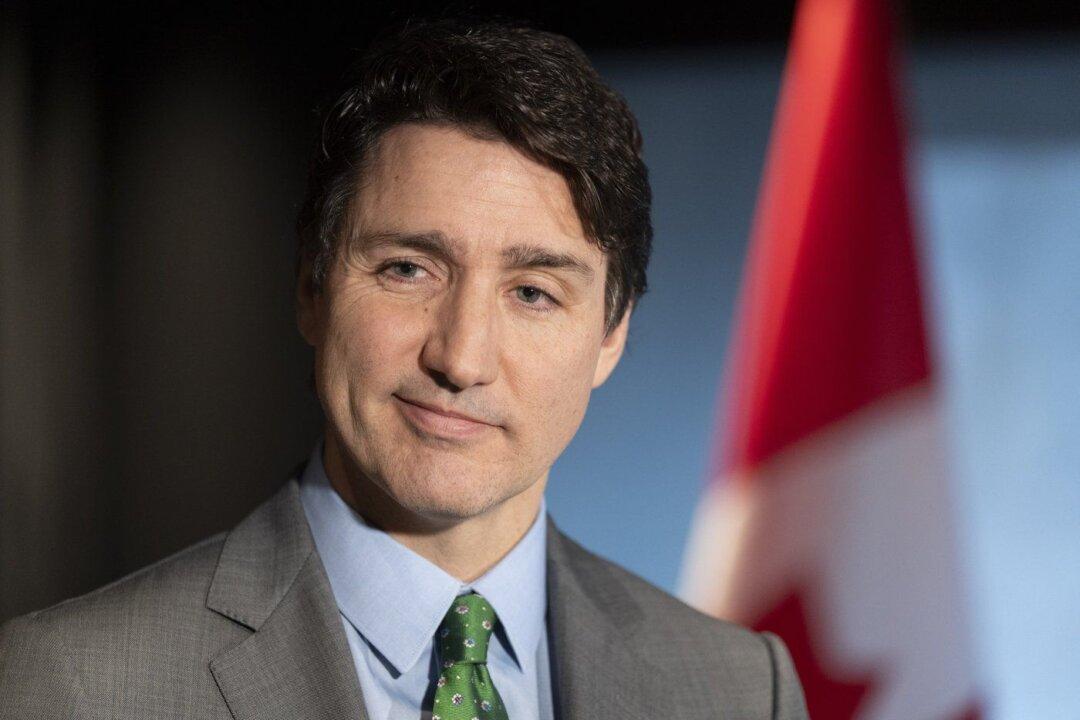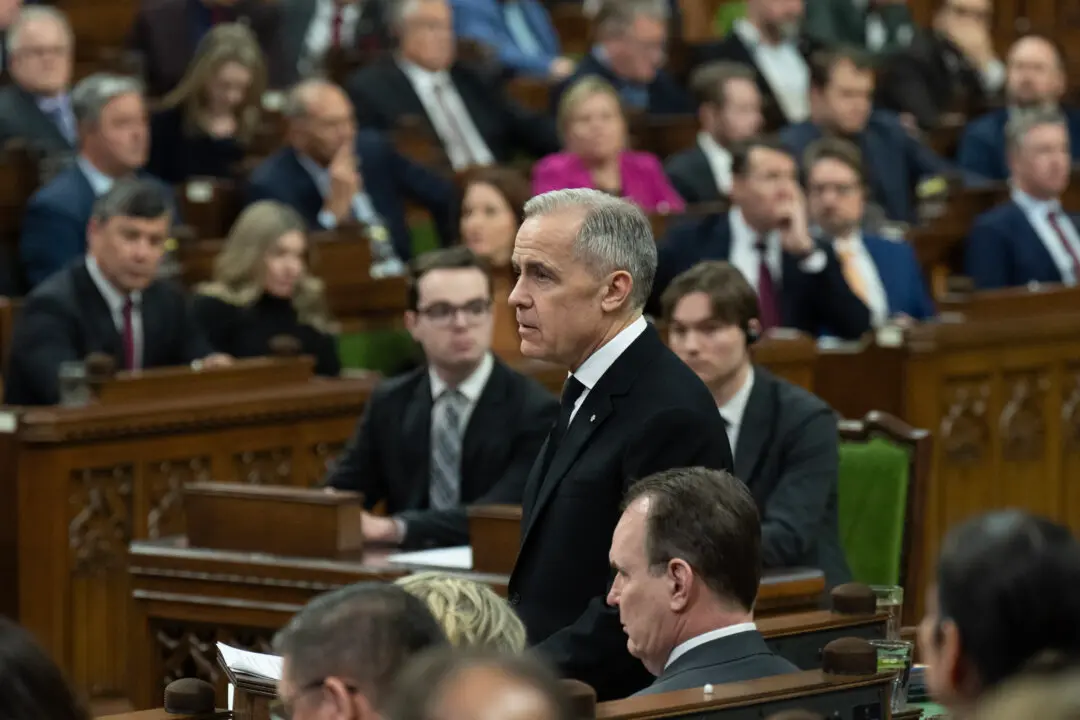Prime Minister Justin Trudeau was advised in a secret 2017 memo against publicly criticizing China in spite of evidence that Chinese Communist Party (CCP) agents were engaging in interference activities in Canada.
The June 29, 2017, memo from cabinet aides came at a time when Ottawa was attempting to negotiate a Chinese free trade agreement.





